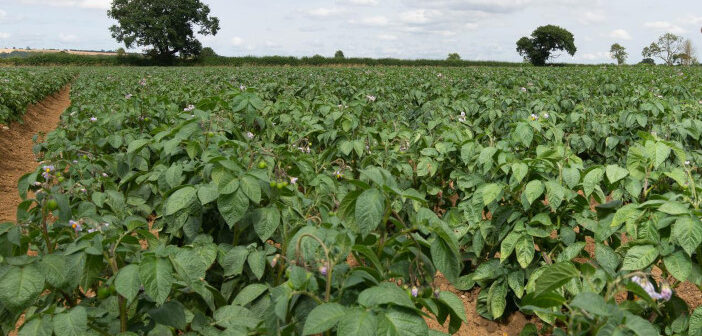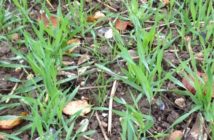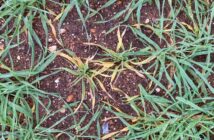A lack of nutrients can cause internal and external crop damage leading to financial loses so it is vital for growers to know which nutrients can prevent this from happening.
Oscar Thacker, area manager at Yara, advised that potassium, nitrogen, phosphate and calcium are all key micronutrients for healthy potato crop growth and formation: “Both nitrogen and potassium are key for vegetative growth, tuber formation, and bulking, but potassium in particular is required in large quantities. A 38.5t/ha crop can remove more than 120kg/ha of nitrogen whereas it can remove over 200kg/ha of potassium.”
Nitrogen is recycled from leaf to the tuber during bulking, as is potassium, which is key for high yields and maintaining tuber integrity. Just like potassium, phosphate is also required in relatively large quantities during early growth. Calcium plays a role in soil pH, but it’s also incredibly important when it comes to those all-important quality parameters.
“Calcium is a crucial nutrient,” said Mr Thacker. “Potatoes need calcium to strengthen the skins of the tubers, providing a better skin finish and better resistance to many diseases including black scurf, silver scurf, and common and powdery scab.”
Calcium deficiency is also a common cause of internal rust spot and so applying the right source of calcium at the right time is essential. Growers can ensure crops have a plant- available source of calcium with the right product.
Mr Thacker said: “Many growers apply liming materials to the soil however, they won’t provide plant-available calcium to the crop and therefore it won’t provide sufficient supply to meet the demand. Calcium nitrate, such as YaraLiva Tropicote, provides soluble calcium that is plant-available, unlike the liming materials.”
Yara offers growers an important tip for application. “Remember to keep some of your nitrogen back from the seedbed application for the calcium nitrate dressing, to ensure your potato crop receives the right soluble calcium,” said Mr Thacker.
For more nutritional agronomy advice, visit yara.co.uk/agronomy-advice/




